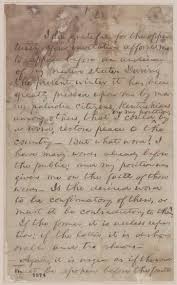 Many Germans associate the term "world literature" with US-American and European literature. To help broaden that rather narrow view, the House of World Cultures in Berlin - Germany's national center for contemporary non-European art - and the Elementarteilchen Foundation in Hamburg, a non-profit organization that supports cultural projects, have introduced the International Literature Award. It is to be presented for the first time on September 30 in Berlin, distinguishing international works of prose fiction in German translation. The aim is to attract attention to Asian, African and Latin American writers and expand the common definition of world literature.
Many Germans associate the term "world literature" with US-American and European literature. To help broaden that rather narrow view, the House of World Cultures in Berlin - Germany's national center for contemporary non-European art - and the Elementarteilchen Foundation in Hamburg, a non-profit organization that supports cultural projects, have introduced the International Literature Award. It is to be presented for the first time on September 30 in Berlin, distinguishing international works of prose fiction in German translation. The aim is to attract attention to Asian, African and Latin American writers and expand the common definition of world literature.Read more....
























